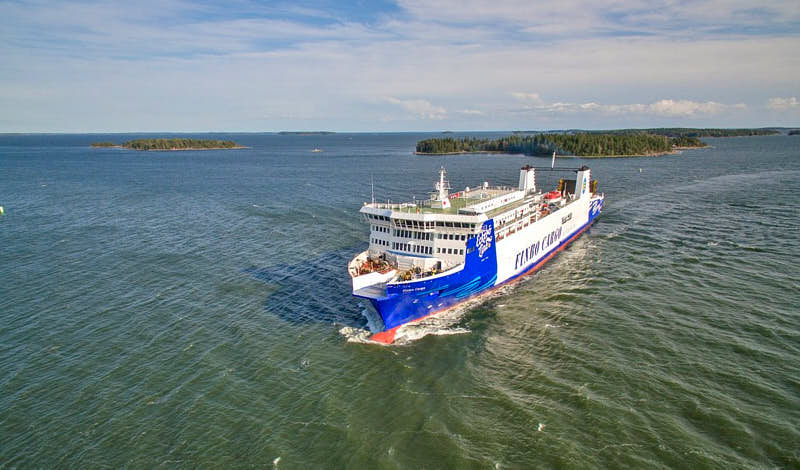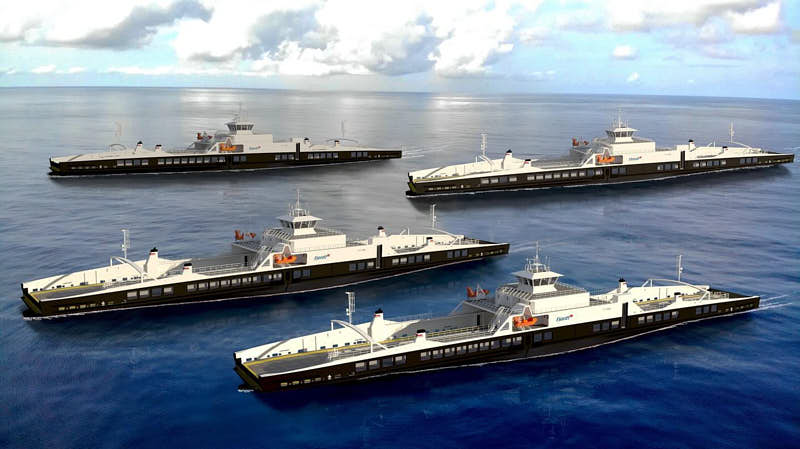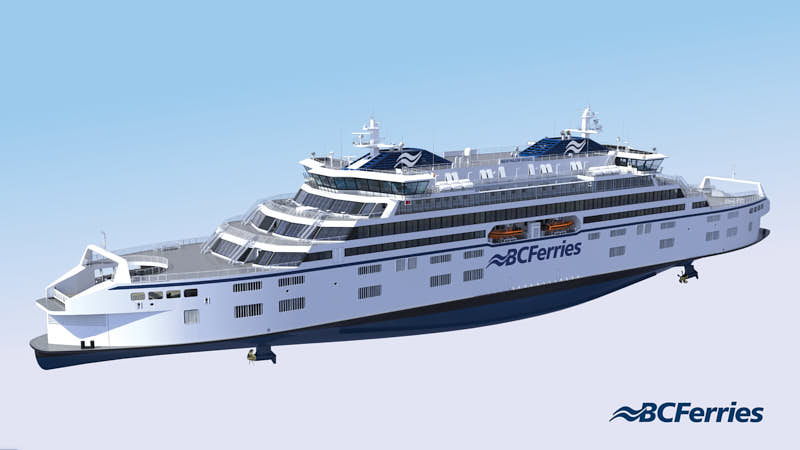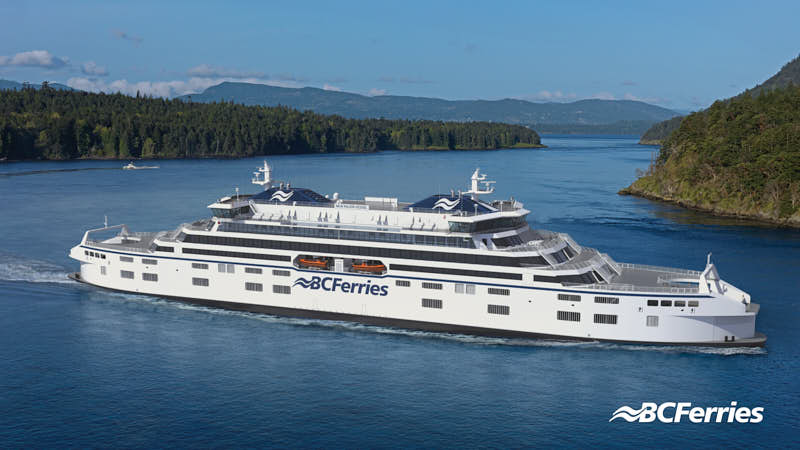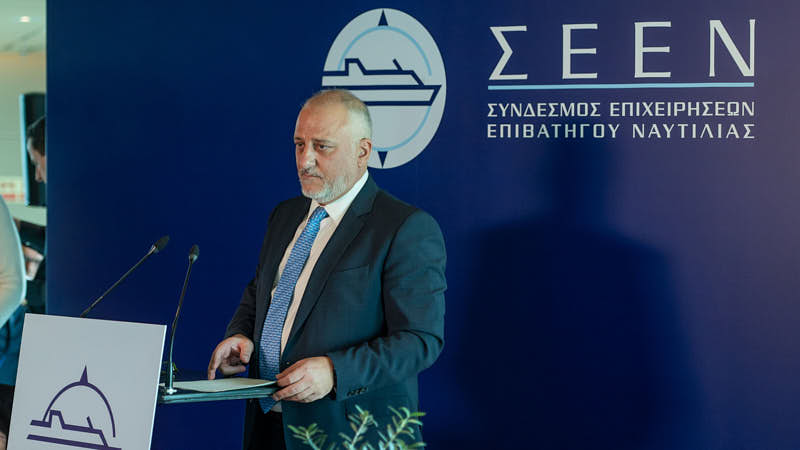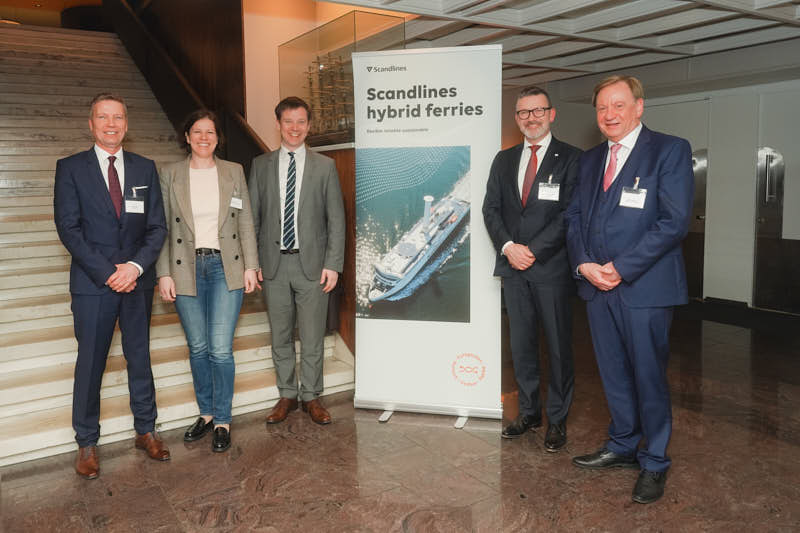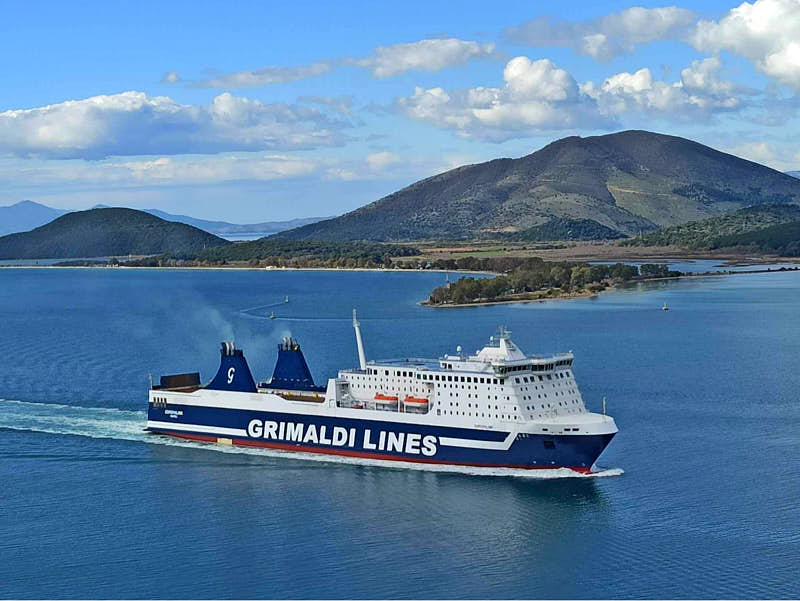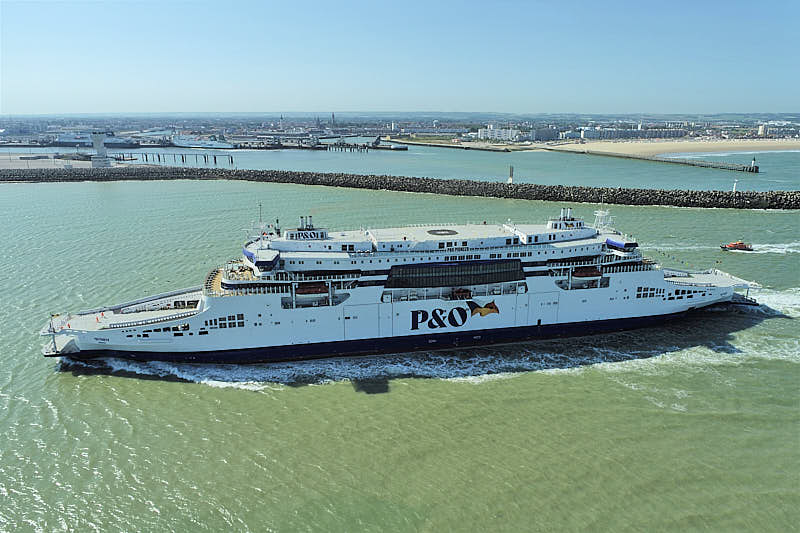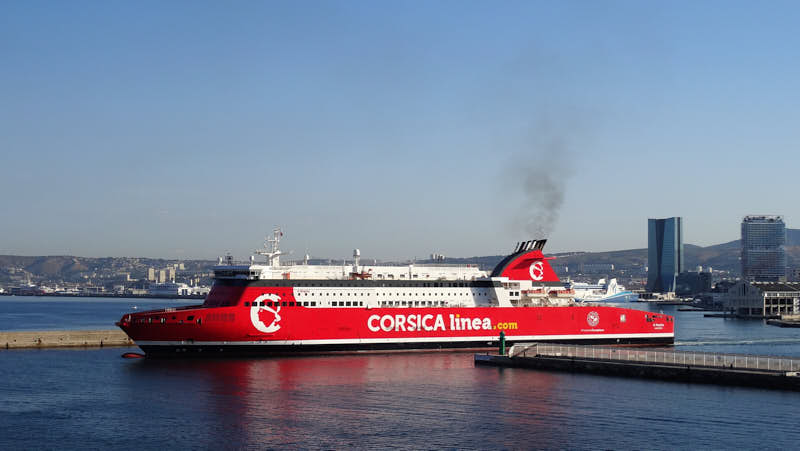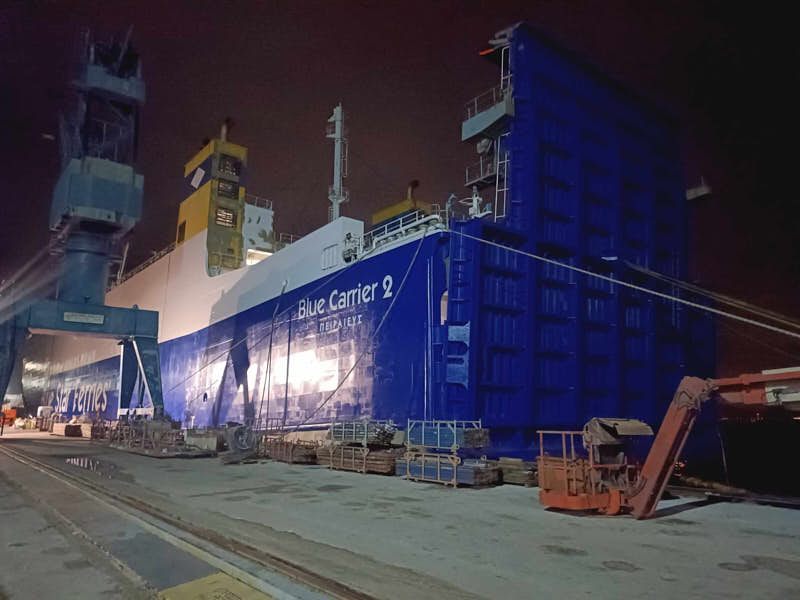Historically high levels for both passenger and freight operations in both the Gulf of Finland and the Åland Sea.
Full Year 2023 (compared to 2022)
+20% passengers 3,140,221 (2,624,674)
+11% freight units 176,351 (159,228)
+19% turnover EUR 221.5 million (EUR 185.8 million).
+Operating result 21,4 MEUR (-8,4 MEUR)
+Result 11,5 MEUR (-12,7 MEUR)
Q4, 2023 (compared to Q4, 2022)
+4% passengers 656,622 (629 473)
+12% freight units 44,795 (39,987)
+6% turnover EUR 48.7 million (EUR 46.0 million)
+Operating result 0,9 MEUR (-13,4 MEUR)
+Result 0,2 MEUR (-13,7 MEUR).
Source (in Swedish): rederiabeckero.ax PDF
Photo: Eckeröline


